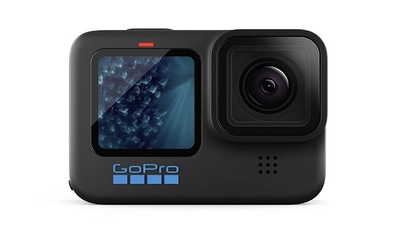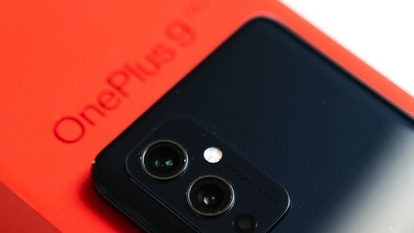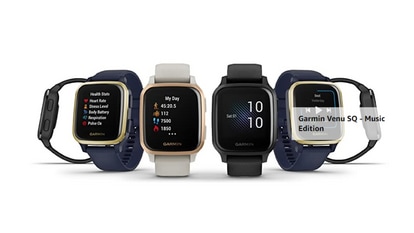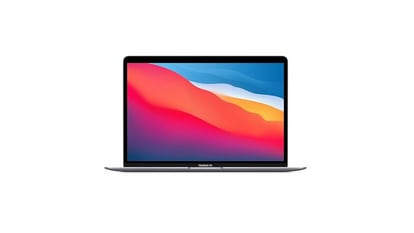SignalGuru app helps drivers avoid red lights
Researchers at the Massachusetts Institute of Technology have developed a system that uses dashboard-mounted smartphones to help drivers avoid red lights and reduce fuel consumption.
Researchers at the Massachusetts Institute of Technology have developed a system that uses dashboard-mounted smartphones to help drivers avoid red lights and reduce fuel consumption.
The app called SignalGuru predicts when a traffic signal is about to change, and the speed that should be driven when approaching an intersection in order to cruise through without stopping.
'The stop-and-go pattern that traffic signals create increases fuel consumption significantly,' said Emmanouil Koukoumidis, the scientist behind the app.
'We wondered how we could help drivers cruise through signal light intersections without stopping, and how much we could save on gas and improve the flow of vehicles,' he added.
When approaching an intersection, the camera on a driver's dashboard-mounted smart phone is activated, which detects when a signal transitions from red to green and vice versa.
Using this information, the app determines the speed that should be driven to avoid stopping at a red light on the cusp of turning green, or a green light just shy of turning red.
'It tells the drivers that 'if you drive at 30 miles per hour then you'll be able to cruise through without stopping,'' explained Koukoumidis, adding that the speed recommended is always within legal speed limits.
Information on the traffic signals, such as when they change, is crowdsourced by other users of the app and then sent back to SignalGuru to improve the accuracy of its predictions.
Koukoumidis said that while testing their prototype in Cambridge, Massachusetts they saw a 20 percent decrease in fuel consumption, which could have a significant monetary and environmental impact.
'In the U.S. we're spending 1/3 of the annual energy consumption for transportation and a big part of that is vehicles,' he explained.
The system was also tested in Singapore, where the traffic lights vary depending on the volume of traffic.
'It was less accurate compared to Cambridge where signals were pre-timed and had fixed settings but it would still work reasonably well with predictions accurate within two seconds,' Koukoumidis said.
Crowdsourcing information about signal lights is necessary, he said, because this data is difficult to access from traffic authorities, which are not unified and do not always have the information computerized.
But this could also pose safety concerns, for example, a signal not changing when predicted due to inaccuracies.
'SignalGuru will advise the driver when to arrive at the intersection but the driver should always check for himself that the light indeed turned green,' he said, noting that it's similar to how a driver does not follow a navigation device blindly.
Currently the group is looking for industrial partners to commercialize the software. They also plan to implement other safety features, such as thresholds on deceleration, before making it accessible to the public.
Koukoumidis said that going forward their patented approach could also be used to capture other information about the real world, such as available parking spaces or real-time gas prices.
' are computer eyes looking out into the street that can capture all sorts of information,' he said.
The research project was launched as part of the Singapore-MIT Alliance for Research and Technology's Future Urban Mobility group, in which professors Margaret Mantonosi and Li-Shiuan Peh were advisors.
Catch all the Latest Tech News, Mobile News, Laptop News, Gaming news, Wearables News , How To News, also keep up with us on Whatsapp channel,Twitter, Facebook, Google News, and Instagram. For our latest videos, subscribe to our YouTube channel.


























